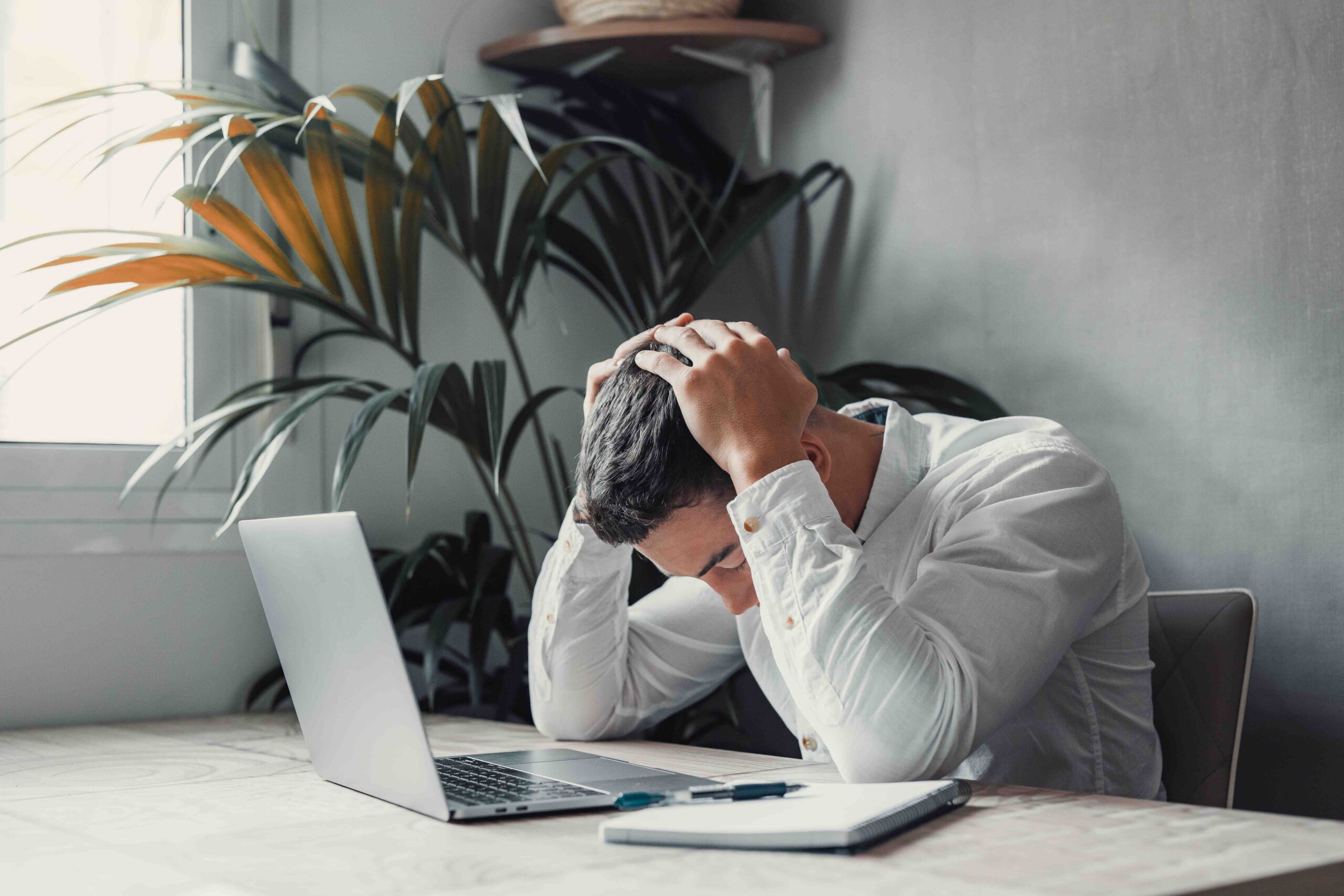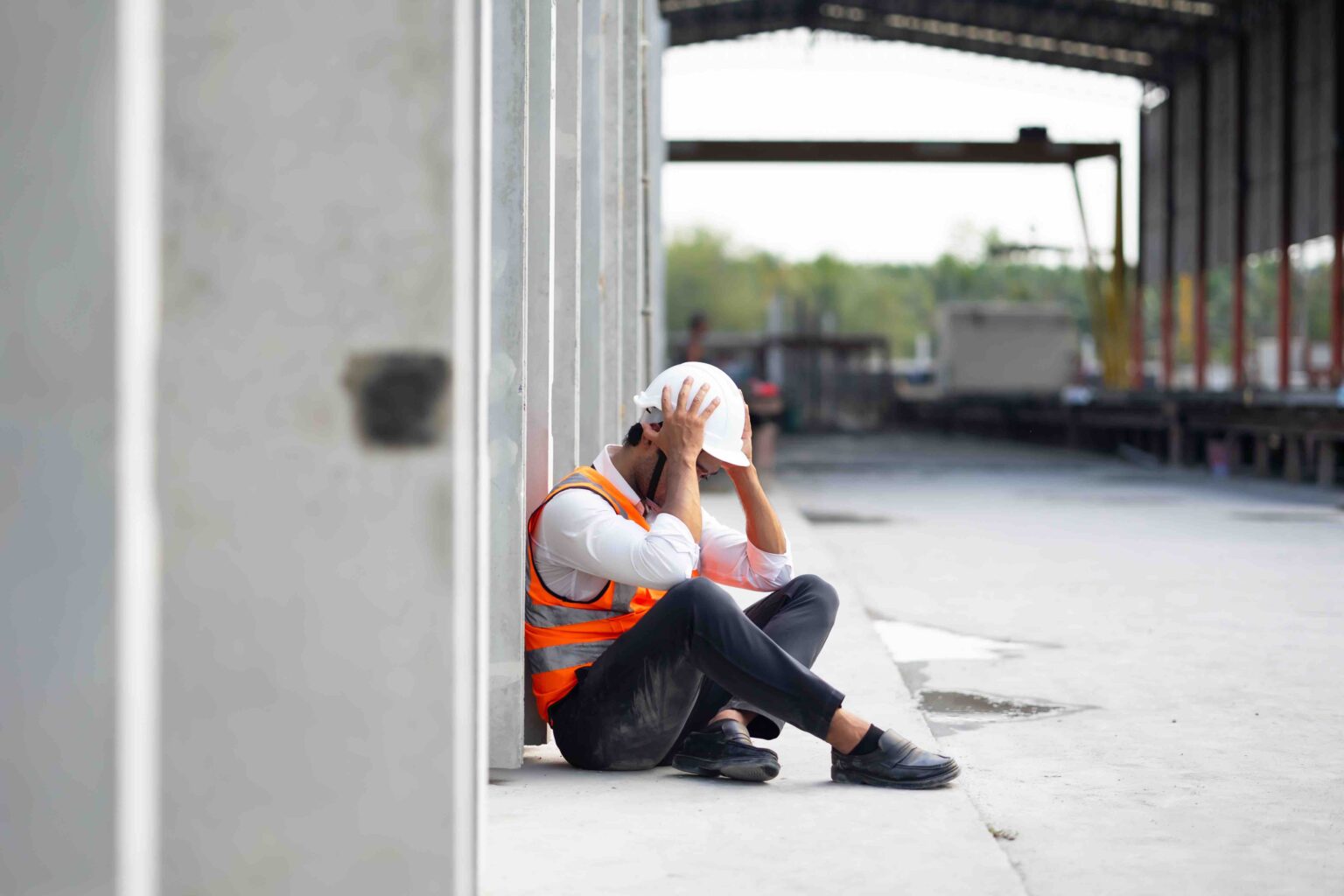This November 19, International Men’s Day is celebrated, a commemorative date that seeks to raise awareness about male health issues.
This November 19, International Men’s Day is celebrated, a commemorative date that seeks to raise awareness about male health issues. In Mexico, 8 out of every 10 deaths from suicide occur in men. While 14.1% of men between 60 and 95 years old declare that they are little satisfied or dissatisfied with their current life.
Today, November 19, International Men’s Day is celebrated and one of its premises is to address different health issues in young people and adults, as well as their social, emotional, physical and spiritual well-being. In addition to prostate and testicular cancer, depression, anxiety and alcohol addiction are three of the disorders that most affect men. According to the Pan American Health Organization (PAHO), male suicide rates represent approximately 79% of all suicide deaths in the Americas.

“The suicide rate is higher in developing countries, as men face greater pressure and difficulty in living. In Mexico, machismo is linked to many cases, and in more conservative cultures, men take their lives when they feel that they have failed as providers or protectors of their family. Substance abuse, such as alcohol or drugs, is also normalized as a ‘ anesthesia’ or solution to the problems, this can be a symptom of depression or other types of psychological conditions that worsen the problem,” shares Dr. Aaron Gastelum Sobampo, medical director of Grupo Punto de Partida.
Experts on the subject point out that machismo and lack of communication contribute to men locking up their emotions, and society raises men to be “strong,” in addition to expecting them to never go through difficult times. “This has happened in most cultures since the beginning of civilization, so much so that there is the famous phrase ‘Boys don’t cry,’ adds the specialist.

Men’s mental health
In this sense, some studies show that men are up to 32% less likely to visit a psychiatrist or psychologist than women, a fact that can be linked to the infrequency of attending to their mental health, this makes them more prone to substance use. , having risky behaviors, anger and frustration, and suicide.
A press release from INEGI published in September of this year indicates that the increase in the suicide rate in men and women has been significant. The most critical year was 2021—the second year of the COVID-19 pandemic—as it had the highest suicide rate: 10.9 men and 2.4 women per 100,000, and the highest prevalence age occurred between 25 and 19 years old with 11.6 per 100 thousand.
While the 2021 National Self-Reported Wellbeing Survey (ENBIARE) showed in its 2021 “Satisfaction with current life” section that of the population aged 18 and over, 56.2% declared they felt satisfied; 32.1%, moderately satisfied; 8.7% were not very satisfied and 3.7% indicated that they felt dissatisfied with their life in general. In the analysis by sex, it indicates that 10.4% of men feel little satisfied or dissatisfied.



